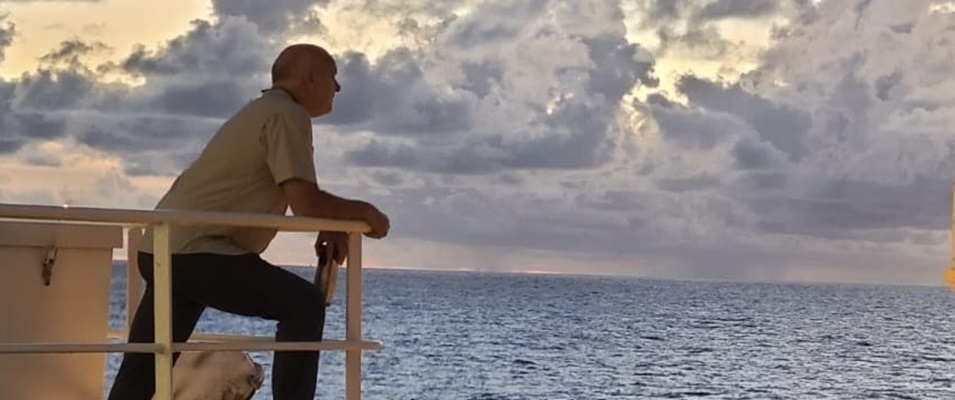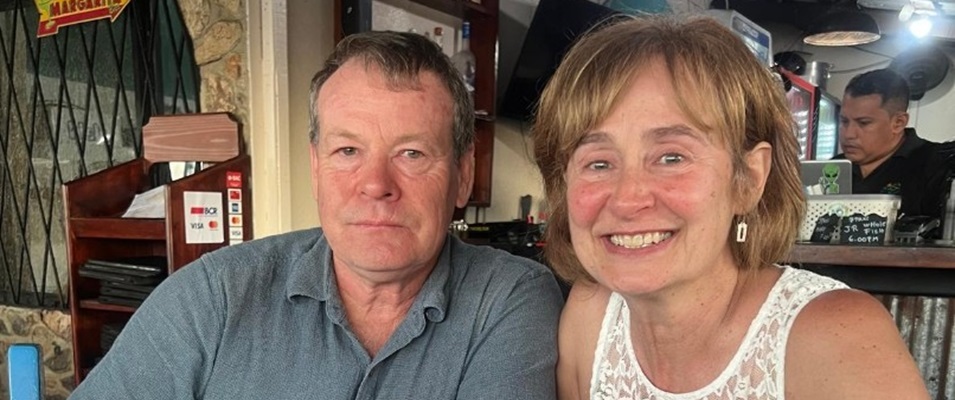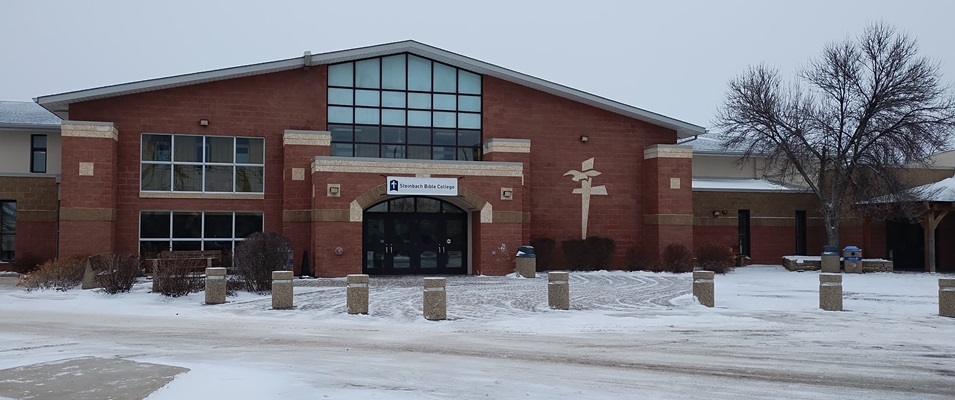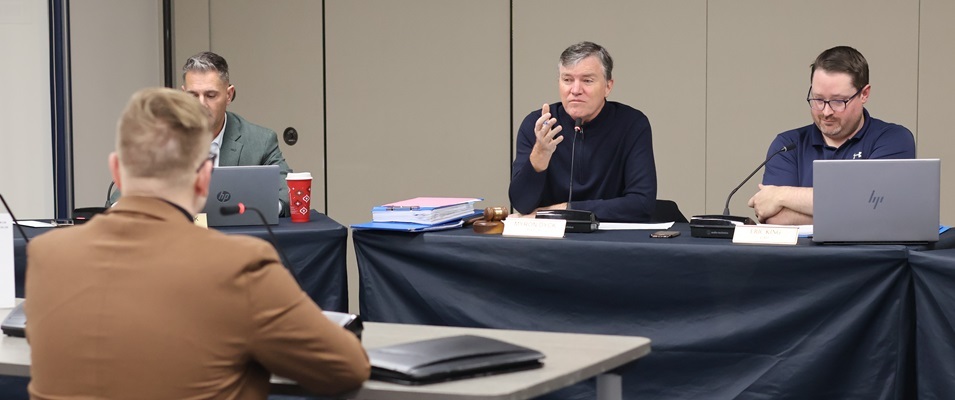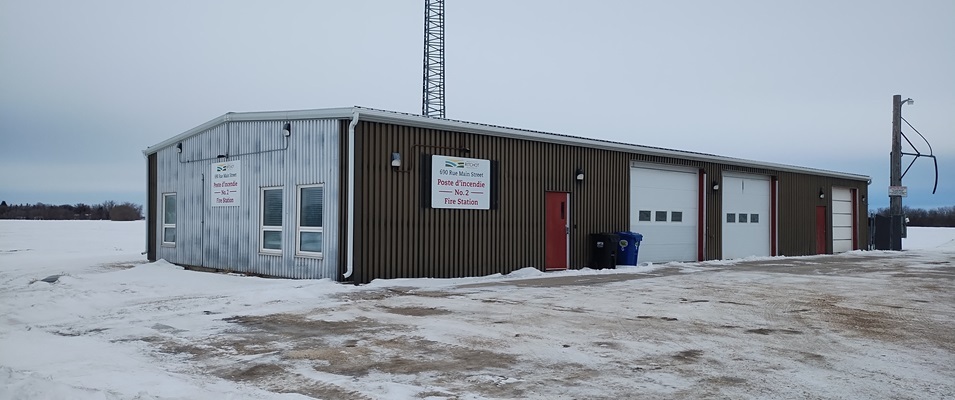
In late September, board members of the Winnipeg Metro Region (WMR) met with Ian Bushie, Minister of Municipal Relations, after the organization failed to successfully roll out Plan20-50 this summer.
Mayor Myron Dyck attended the meeting, held at the Legislature in Winnipeg. He says that the WMR board, made up of council members from the region’s 18 municipalities, were each provided an opportunity to voice their concerns and questions regarding WMR membership and the regional planning document.
“[The meeting] was well received,” Dyck says. “The Minister just said, ‘We’ve heard you, there’s changes coming, we’re putting in legislation and we’ll have it in this fall.’ So the WMR is kind of on standdown, if you will. There’s no action. There’s no meetings planned.”
Dyck anticipates that at least one piece of the new legislation will include a WMR opt-out clause, allowing municipalities such as Niverville to back out of WMR membership if they so desire.
While many of the 18 municipalities that make up the WMR are members by choice, Niverville was not provided the option when they were inducted into the organization by the provincial government in the spring of 2023.
In August, after both Niverville and Selkirk councils issued public statements indicating their desire for an opt-out clause, Premier Wab Kinew announced his party’s intent to honour that request.
Even so, Mayor Dyck says it doesn’t mean that Niverville will opt out of WMR membership. He and his council await the legal wording used to define the clause.
“It’s politics,” Dyck says. “Is it [going to come with] no strings attached? We don’t know.”
The community’s forced inclusion into the WMR was only one concern made public by Niverville’s council this summer. Following the postponement of WMR’s Plan20-50 public hearing in August, council named flaws to the plan that would need to be amended before they could endorse it.
The first echoed concerns shared by many residents regarding the potential loss of autonomous decision-making power enjoyed by municipal governments.
“Plan20-50 needs to be revised and further developed to ensure that final land use planning decisions remain in the hands of locally elected officials at the community level,” council’s statement read.
As well, council saw some worrisome financial implications when it came to costs related to provincially required studies and reports that may not necessarily be of local benefit.
Finally, council wished to be recognized in the Plan20-50 document as a transition zone due to its unique position on the outskirts of the region.
Once the province roles out new legislation related to the WMR, Dyck says that his council will re-evaluate membership based on how it stacks up next to council’s concerns.
“If the changes are such that it looks positive and there’s a good way forward, council may choose to [remain a WMR member],” Dyck says.
What the legislation may not indicate, though, is whether an opt-out of WMR membership will result in the loss of certain provincial funding or privileges.
Indeed, Niverville has been the recipient of some hefty provincial grants in recent years.
As well, there is a lot at stake as council waits on the province’s decision regarding the annexation of nearly 2,600 acres of land in order to expand Niverville eastward.
To these unknowns, Dyck is unprepared to speculate on what a rejection of WMR involvement might mean for the community’s future.





